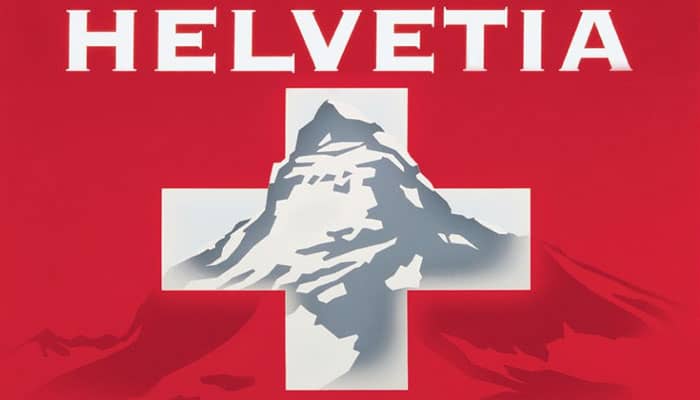Switzerland or 'the Confoederatio Helvetica' in the early 19th century. Lovely mountains, deep valleys. The Napoleonic occupation has ended, but their legacy remains. Even in remote areas the villages have been battered. But the people feel free again, and there is an atmosphere of renewal!
You are the chief of one such remote village. The nearest neighbouring village is some hours distant, the closest big town can be reached in a day's travel.
Your villagers produce enough to make a living - but you want more. You want homes and work for your children - and you want to see them marrying folks from neighbouring villages and settling down, to benefit from the wealth of your neighbours. So, your people build, marry and give birth - and your community grows and prospers.
Whatever excess you don't need for your own consumption can be delivered to market in the town, which will also help your village to prosper. If you manage your community well, you will be able to invest in buildings for to increase living standards and lead your village into a new era of prosperity.
It is a Swiss tradition to play games anti-clockwise. To honor this, Helvetia is also played anti-clockwise. Naturally, if you prefer, you are free to break with this tradition.
The cover and name might have you thinking trivia game, but Matthias Cramer has something else in mind for you in Helvetia.
You and your fellow players run small but busy mountain villages in the Swiss Alps where you work, build and trade. But life isn't only about work. Your village baker longs for a partner, and the farmer's son has his eye on the dashing woodcutter in the neighboring village.
So let the wedding bells ring and marry off that farmer's son in the village of another player, thereby earning you additional income.
And surely your village baker will find a woman from a neighboring village to move in with him. Before you know it, their offspring will be new citizens in your village.
Your goal in Helvetia is to build new homes, bring culture to your village, and sell essential goods at market. Whatever strategy you choose, this village life won't be boring - especially in the villages that grow and thrive!







